MIDNIGHT SPECIAL. Worthy yet somehow forgotten science fiction
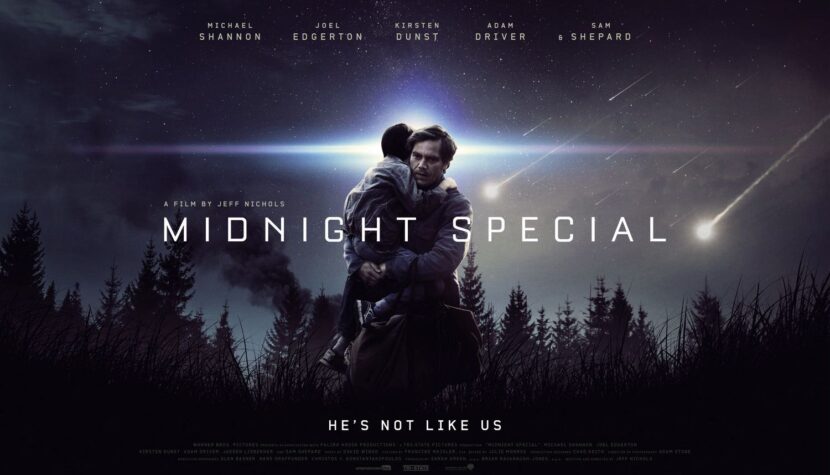
…, skillfully pursuing his highly original ideas. However, he has previously navigated the paths of independent cinema, and Midnight Special marks his first flirtation with a major studio.
Midnight Special tells the story of Roy Tomlin (Michael Shannon), who kidnaps his son Alton (Jaeden Lieberher) from a religious cult to which he once belonged and was so deeply involved that, at one point, he and his wife decided to surrender the child to the group’s guru. In their escape from law enforcement and the cult’s agents, a former acquaintance (Joel Edgerton) assists them. Why do they do this? Because the boy exhibits unexplained powers (destructive to his surroundings and his health) and feels an internal need to reach a certain undefined place. The determined father is willing to do anything to help him. Is the teenager a secret experiment? An alien? A messiah? The mysterious destination of the journey is supposed to contribute to answering this question.
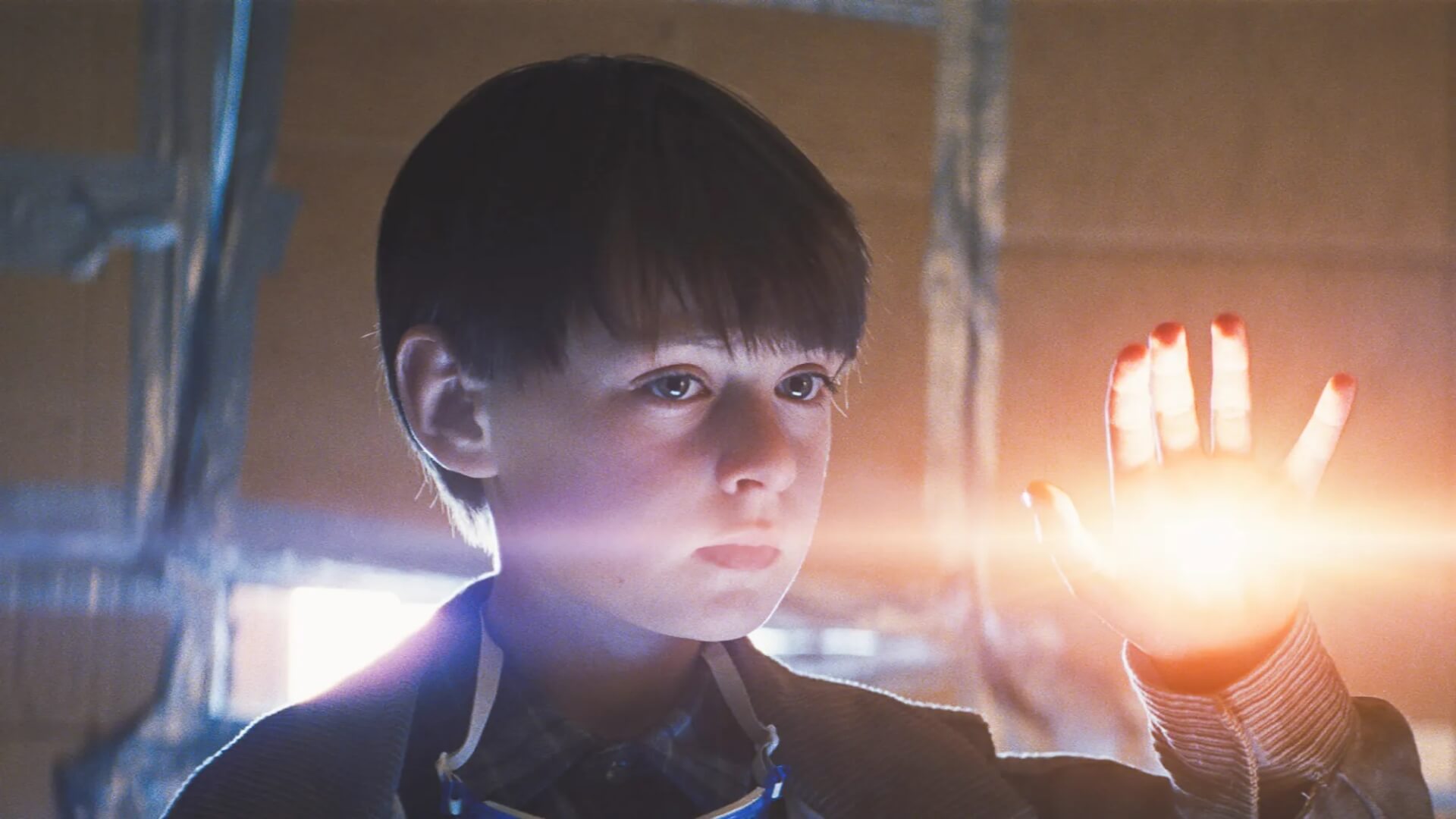
Nichols in Midnight Special reveals very few plot details; exposition is kept to an absolute minimum. The viewer connects with the action in the midst of an advanced escape, and essential nuances are gradually revealed, as they are not the most crucial aspect here. The film predominantly revolves around family relationships and the growing sense of an unfolding mystery. Nichols, influenced by Spielberg’s films, especially Close Encounters of the Third Kind and E.T., places the narrative burden squarely on the shoulders of the visuals. Once again, he demonstrates an extraordinary sense of staging. There are not many dialogues; some scenes consist of noticeably prolonged moments of silence in a car, traversing desolate roads in the night. Yet, through the characters’ body language, subtle gestures, and the emotions pulsating within them, we understand their strong bond. The focus shifts from the destination to the journey itself, accentuated by David Wingo‘s excellent soundtrack, featuring synthesizer sounds reminiscent of John Carpenter (the film is often compared to his Starman due to several shared elements).
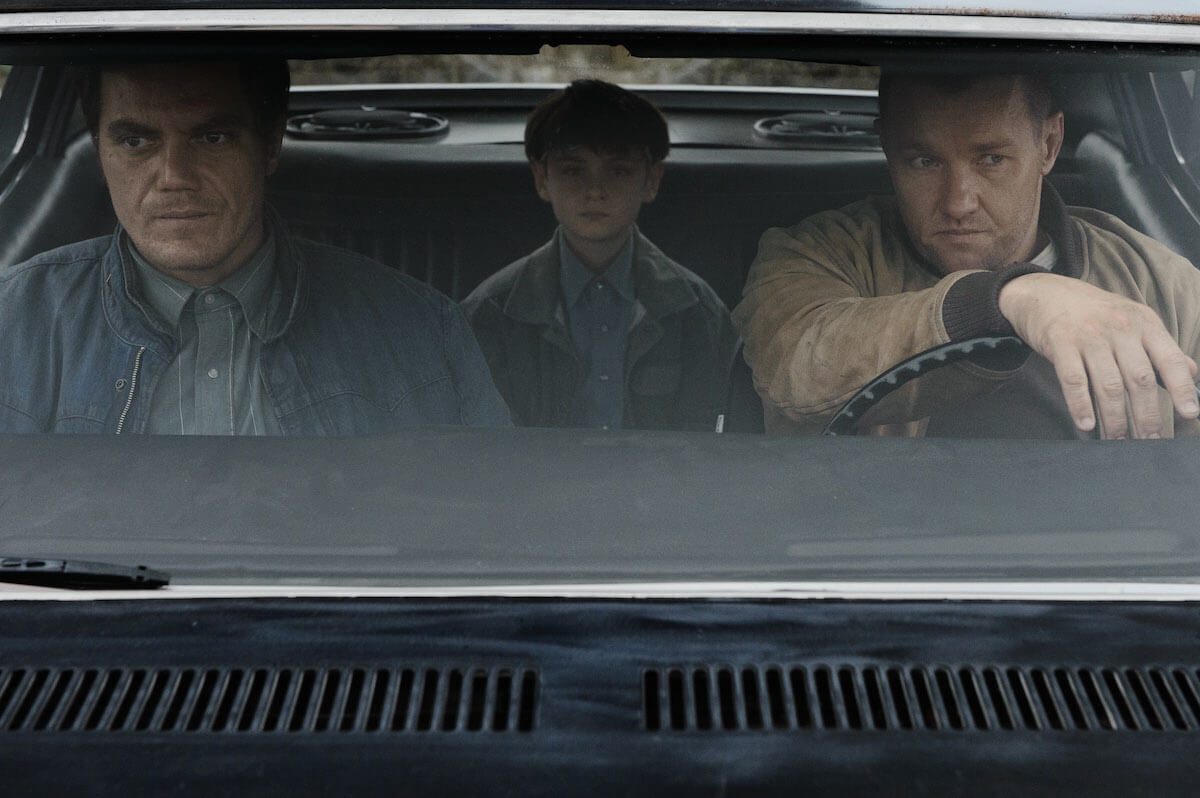
The overall feel of Midnight Special resembles a non-blockbuster version of Spielberg’s aforementioned Close Encounters of the Third Kind, where Richard Dreyfuss slowly uncovering the mystery formed the central theme, and the climax, while spectacular, was merely the crowning achievement of expertly built tension and a sense of encountering fascinating phenomena. Nichols strikes similar chords, gradually progressing toward an inevitable conclusion while skillfully revealing additional puzzle pieces. Although this may be a structural pitfall that some viewers may consider a flaw, as after the film, we know only slightly more about the entire situation than at the beginning.
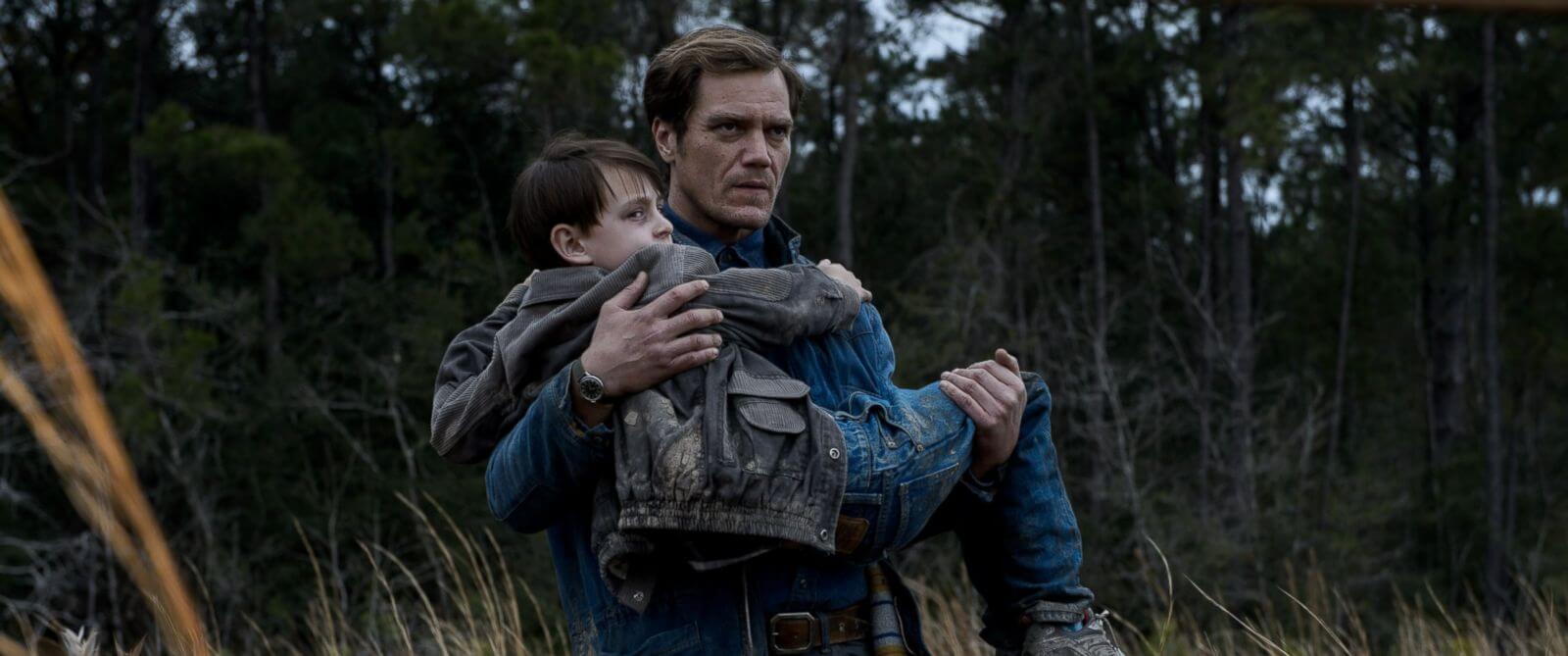
Nichols displays remarkable consistency, further developing his thematic fascinations in Midnight Special. Similar to his other films, it touches on the functioning of religion and faith in today’s world, blending it with a dialogue on childhood-maturity and the fatherhood motif. The director does not shy away from references to his mentors and cinematic fascinations. He ensures that he leaves his distinct, authorial mark on each work. The excellent cast of actors aids him in this endeavor. Michael Shannon, once again working with Nichols (appearing in all of his films), perfectly understands the director’s intentions. Shannon, one of the most intriguing actors in contemporary cinema, conveys intense parental emotions and complete dedication to helping his child. Throughout the film, he is well-supported by Joel Edgerton, aptly cast in his role, and Kirsten Dunst, who has definitively broken away from the manic pixie dream girl label, portraying a mature woman marked by years in a religious cult. Adam Driver, who chose to avoid being pigeonholed as a Star Wars character, quickly embarked on a diverse acting path, gaining accolades for his role in Jarmusch’s Paterson after a solid, albeit relatively marginal, performance in Nichols’ film.
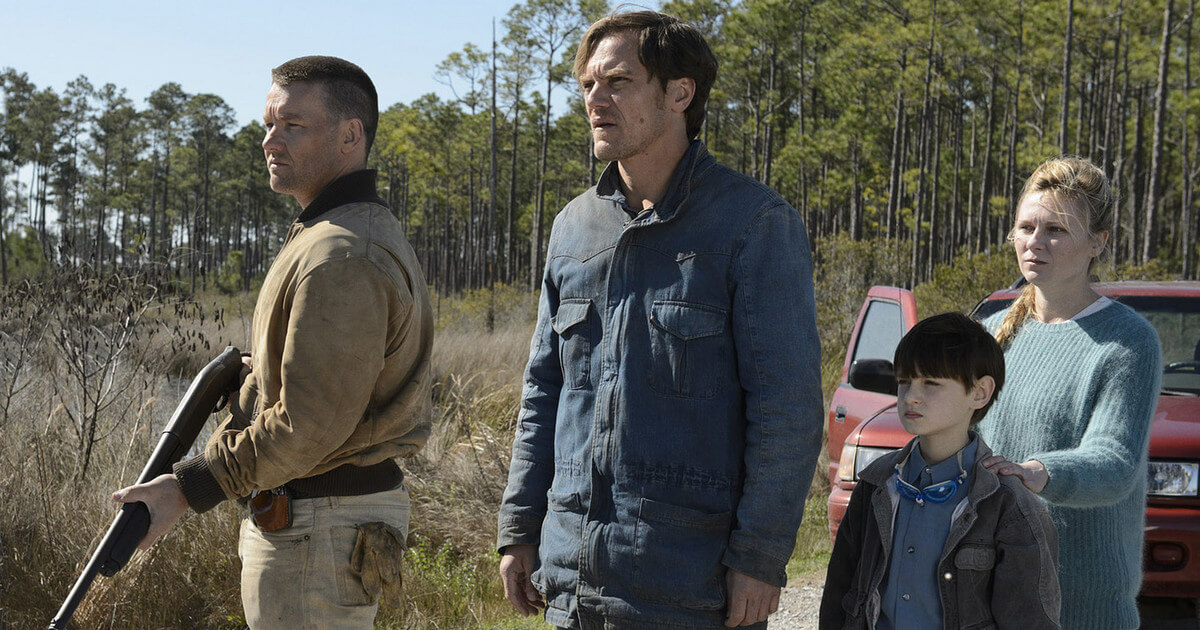
In addition to these emotional family acrobatics and restrained narration synonymous with Nichols, Midnight Special represents the first time the director explicitly delves into genre hybridization, encasing his story in conventional building blocks. The main framework aligns with the New Adventure Cinema, Spielberg-style, praising the extraordinary and semi-fantastical science fiction. However, there are also clear borrowings from superhero cinema, as the entire story resembles Superman’s origin – in the comics, an extraordinary child with superpowers fell to Earth, while Alton seems to be traveling in the opposite direction (he reads comics featuring the character in the film).
The excellent cinematography, prolonged shots, celebration of each gesture and character’s reactions, as well as the vast landscapes and nature, pay homage to Terrence Malick’s cinema – Nichols often mentions in interviews that Badlands is his favorite film, inspiring him to experiment with direction. Indeed, he proves to be an adept student, distilling the most essential elements of Malick’s craft at different moments to enhance his own distinctive work. One can also observe Nichols’ strong affinity for science fiction series in the style of The Twilight Zone.
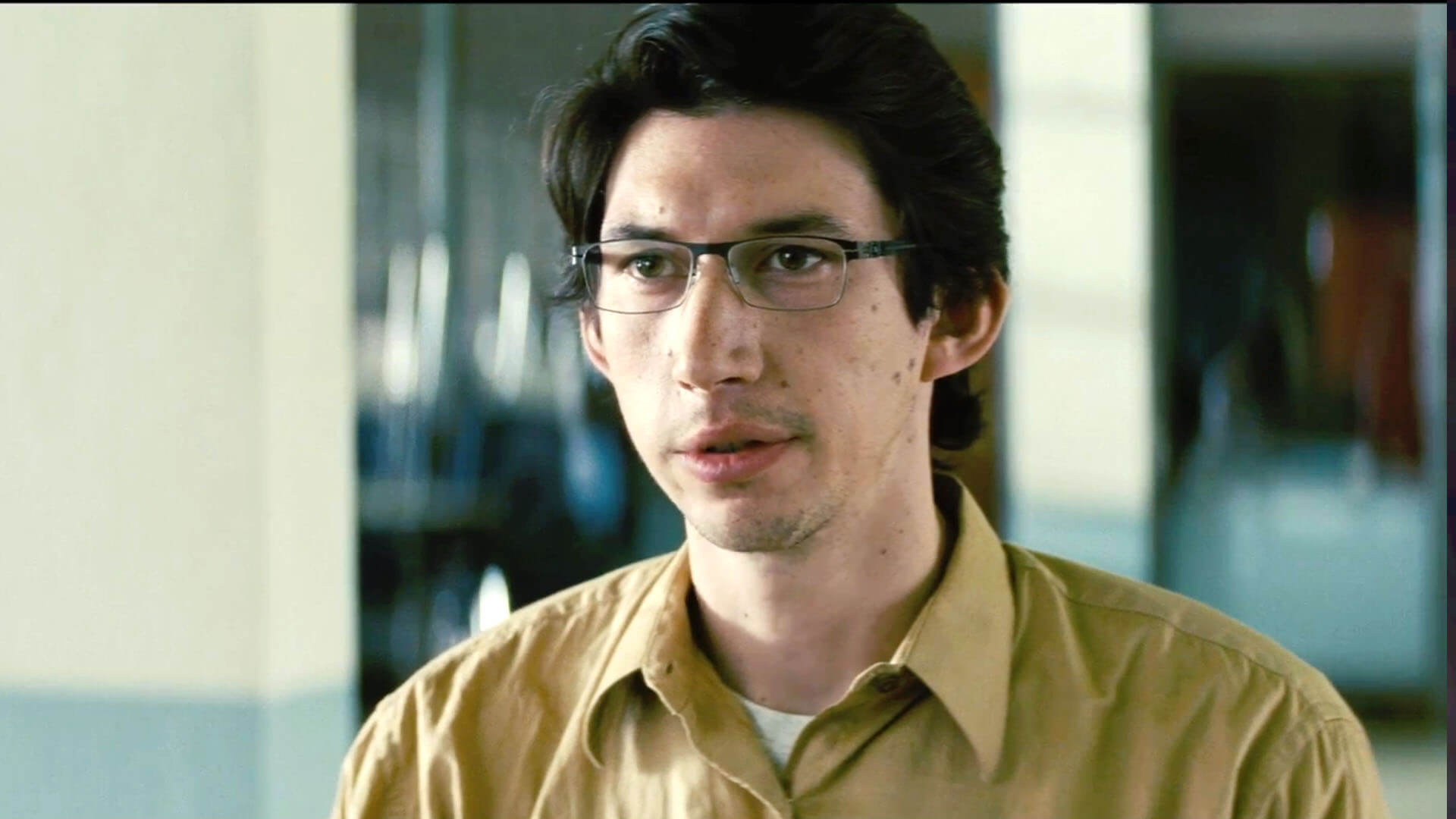
Midnight Special is certainly not a film for everyone. However, in today’s cinema landscape dominated by successive high-budget prequels and sequels, it stands out as a thought-provoking novelty within genre cinema, filtered through a director’s increasingly unmistakable and unique style. The pace may slow to an almost unbearable extent at times, the meticulous crafting of each shot may come across as a form of visual indulgence, and the special effects are noticeably budget-conscious. Yet, I don’t perceive any semblance of insincerity here. Nevertheless, I am equally convinced that some viewers may easily be put off by this film, but it is undoubtedly worth including in your viewing plans. Midnight Special is a beautiful story about family love and the inexplicable extraordinariness that Nichols encapsulates as a tribute to classic genre works, clearly signed with his own name.

